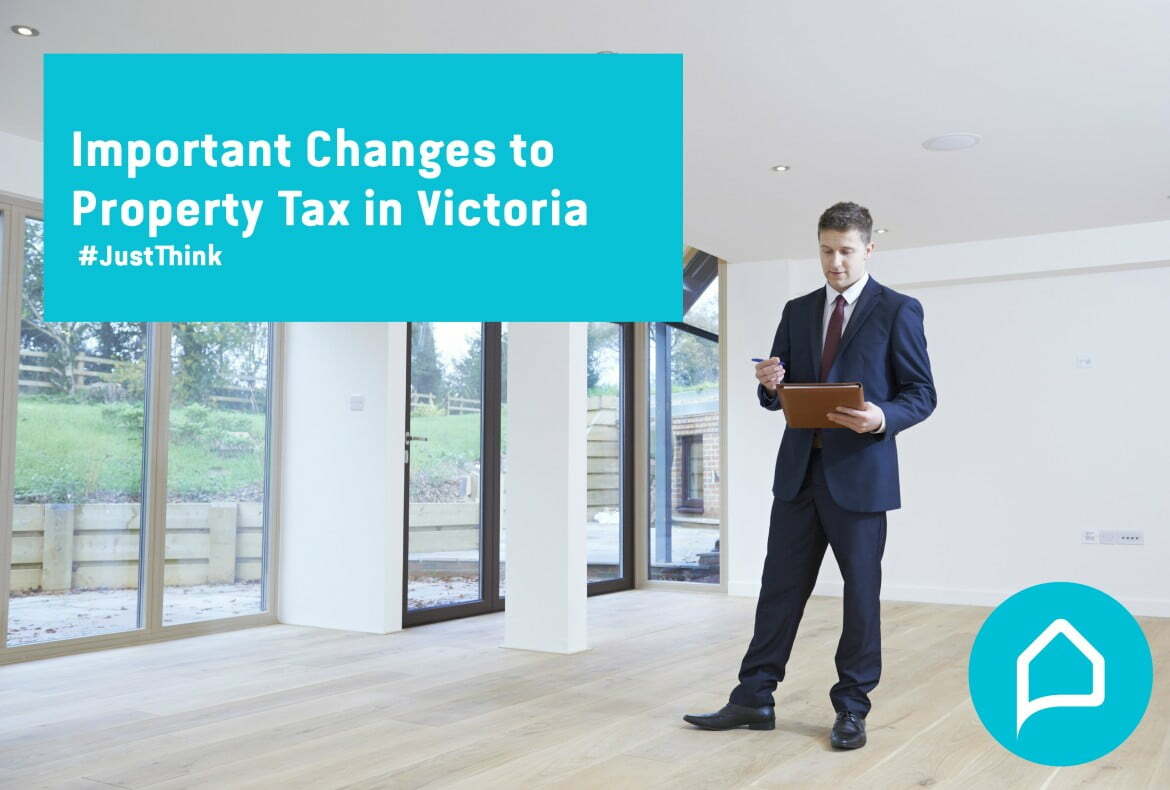Are you a landlord or would-be property investor in Victoria? The Government’s upcoming changes to property tax may concern you – which is why Think Property & Co have focused on all things stamp duty and vacant property in this month’s blog.
Changes to Stamp Duty Exemptions
The first notable change surrounds stamp duty exemptions: property transfers between de facto partners and spouses will no longer be exempt from stamp duty. This change is an attempt to close a legislative ‘loophole’ used by approximately 3000 people – looking to avoid tax liability by transferring ownership of a property from one intimate party to another.
These changes will take effect from July 1. It’s important to note that exemptions will remain in place for transfers that are a result of a divorce or relationship breakdown.
Vacant Residential Property Tax
The second major change affecting property investors is a new tax imposed on vacant properties. From January 1 2018, properties that are vacant for at least six months of the year will incur a 1% annual property tax on their Capital Improved Value (CIV) – this figure is declared on your council rates notice.
A property is considered vacant if it is not owner-occupied or tenanted for at least six months of the year – these six months do not need to be consecutive.
Exceptions to Vacant Residential Property Tax (VRPT)
As a landlord, you won’t be affected so long as you continue to lease your investment properties regularly. If you own a holiday home or a temporary business residence for interstate travel, for example, you won’t be subject to the annual tax. The tax also doesn’t apply to residential properties left unoccupied for genuine reasons like temporary overseas travel, medical reasons or in the case of a deceased estate. The changes are designed to encourage investors holding vacant property to either lease them out or sell them to satisfy the demand fuelling the Melbourne property market.
What to Do if You Own a Vacant Residential Property
If you own a residential property that’s currently vacant, you’re not obligated to act until the new measures come into action on January 1 2018 – relax! But it’s certainly worth familiarising yourself with the process. The VRPT will be self-reporting, so you’ll be responsible for notifying the SRO yourself, but the office will ensure vacant properties are identified by monitoring utility usage. Sorry, there’s no getting away with this one!
If you don’t want to pay the VRPT, it may be time to consider leasing out your investment property. Think Property & Co pride ourselves on our attention to detail and unique approach to caring for your investment. Whether you’re a local, interstate or international investor, you can rest assured your property will be in good hands with us. Our rigorous tenant screening process and diligent routine inspections and maintenance request follow-up will see your property attended to regularly, minimising risks and further costs down the line.

